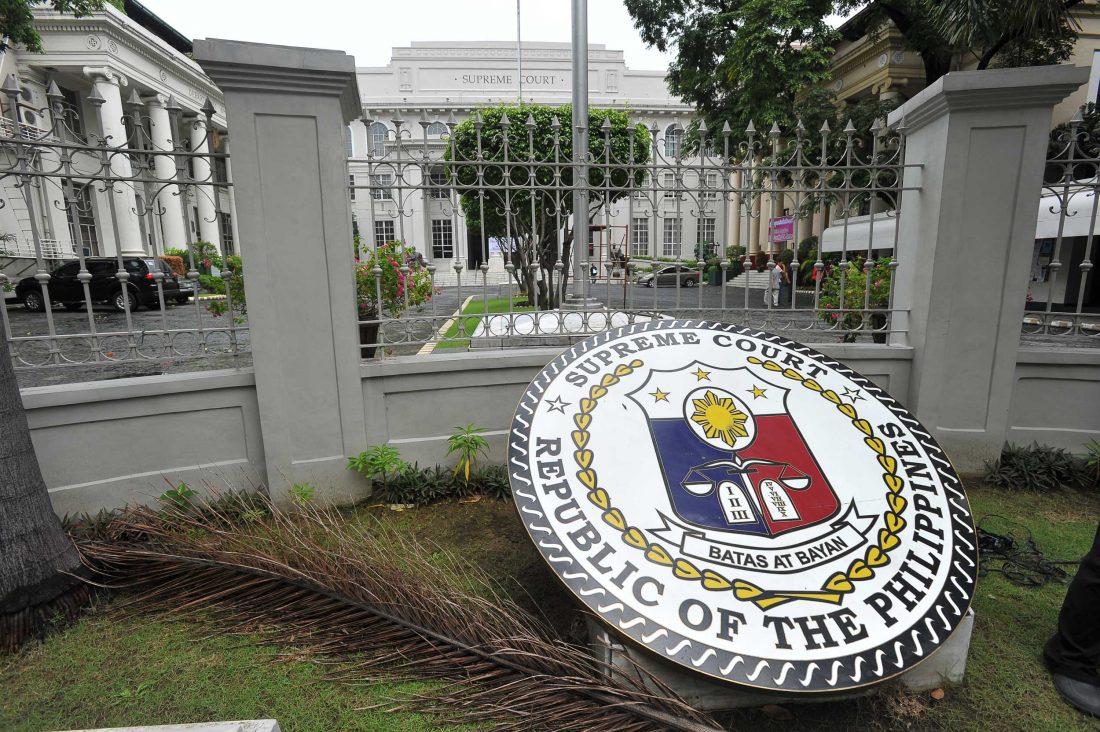In a unanimous vote, the Supreme Court of the Philippines, acting as the Presidential Electoral Tribunal (PET), recently affirmed the 2016 win of Vice President Leni Robredo, thrashing the protest filed by defeated candidate Bongbong Marcos, Jr and finally ending his five-year effort to overturn the results of the elections.
Marcos, the son of former Philippine dictator Ferdinand Marcos who ruled the country for twenty years before a popular revolt overthrew him in 1986, had lost the vice-presidential race to Robredo in 2016. He then filed a protest before the PET, asking the tribunal to invalidate the results of the elections due to fraud but had been unable to prove a single allegation.
“Out of the 15 members of the tribunal who were present in today’s meeting, I was informed that seven members fully concurred in the dismissal [of the poll protest] while eight concurred with the result,” said Supreme Court spokesman Brian Keith Hosaka in an online briefing.
He added that protest was thrown out “for lack of merit.” Along with the Marcos suit, the PET also dismissed the counterprotest that Robredo’ filed, effectively putting closure on the high-profile issue that had hogged public attention for half a decade.
The landmark case was the first ever such petition to be resolved on its merits, with all four previous cases handled by the PET either being extinguished after the petitioners had died or ran again for public office, rendering moot their electoral protests.
The decision puts to rest the last of the handful of protest cases filed after the election. The fact that the number of cases have been dwindling since the Philippines stated using the automated elections system in 2010 , and that not one of the protest ever prospered in court, is being viewed by observers as a testament to the accuracy and transparency of the news voting system.
An insider said the Supreme Court justices were “in unison” that Marcos’ complaint should be dismissed since he had shown no “substantial recovery” in the manual recount of votes done in selected precincts that he himself had identified.
Records show that Marcos’ claim of electoral fraud was not established during the manual revision and recount of ballots from polling precincts in the provinces of Iloilo, Camarines Sur and Negros Oriental.
The PET had also earlier refused heed Marcos’ petition to void the certificate of canvass that Congress used in proclaiming Robredo’s win, the same document used in declaring President Duterte’s victory in 2016.
The decision was met with approval from different sectors, with many hoping that it puts to rest the acrimony. The influential Makati Business Club commended the Supreme Court’s “rare unanimity” in deciding the case saying that it removes a major source of unnecessary and damaging political uncertainty. The group went on to say the dismissal of the protest validates the country’s electoral process, and strengthens the unity the Philippines need to win the war against COVID-19 as well as accelerate the jobs and economic recovery needed by Filipinos.
In a statement, election watchdog Democracy Watch said that the decision is “a step forward for Philippine democracy as it affirms the integrity of our electoral system and, by extension, the soundness of our democracy as a whole.”
The group further cited the country’s present Automated Election System as being adopted by the Commission on Elections to protect the Filipino vote and that since its adoption, Philippine elections have been “largely unmarred by fraud, as is seen in the election of President Aquino in 2010 and President Duterte in 2016. In fact, the continued positive ratings of President Duterte reflect the validity of automated elections.”
Observers attribute the end to wholesale fraud which went unabated under the old manual count system to the country’s adoption of the automated elections system in 2010. Since then, the Philippine system has been one of the most audited elections systems in the world, with the 2019 polls registering a staggering 99.9953 percent match with the manual count.


